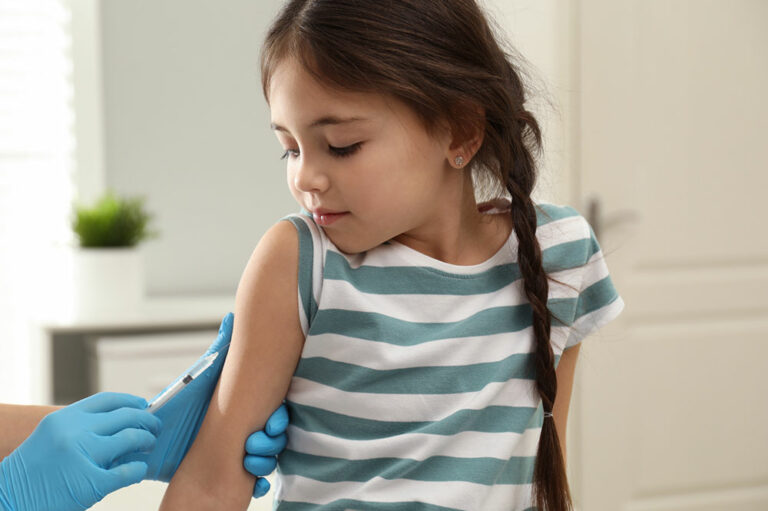
Health
5 commonly known signs of tardive dyskinesia
Tardive dyskinesia (TD) is a neurological disorder that is primarily characterized by involuntary, repetitive movements of various body parts. TD is often caused by long-term use of antipsychotic prescriptions, among other known causes and triggers. These abnormal movements can range in severity and significantly impact a person’s quality of life. Here are five common symptoms of tardive dyskinesia in detail. Recognizing the symptoms of TD is crucial for early intervention and management. Tremors Tremors are among the first noticeable signs of developing tardive dyskinesia. During the early stages, these tremors are hardly noticeable except for the occasional involuntary hand movements that happen without any prior warning. However, tremors can worsen if left unchecked to the point where they begin to affect basic hand movements like gripping things or moving something in or out of place. Facial movements Mild to moderate disorders can trigger varied facial movements. People with such conditions may unconsciously stick out their tongues or smack their lips for no apparent reason. Rapid eye blinking is another visible sign associated with the condition. This can give the appearance of constant eye twitches, which can be distressing and make it difficult to maintain eye contact. Other evidence of facial symptoms include frowning, grunting, puffing out the cheeks, and even chewing unnecessarily.
Read More 














